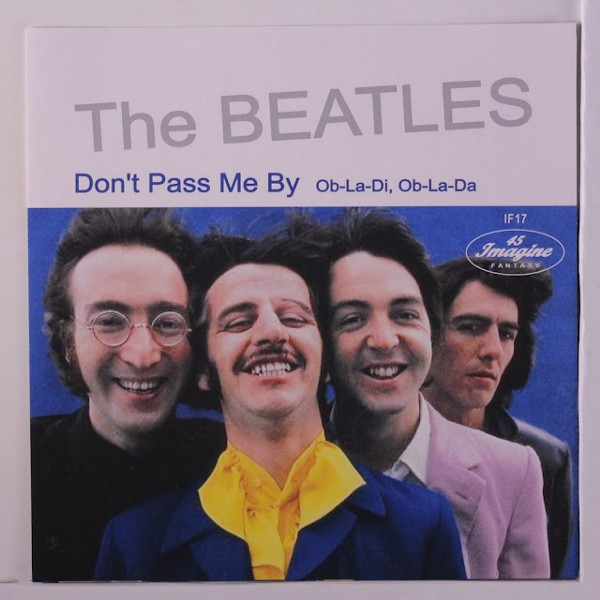Where did the title Tomorrow Never Knows come from?
 |
Origin of the title
The title, however, was inspired by a more homely source, one shared by A Hard Day's Night:I took one of Ringo's malapropisms as the title, to sort of take the edge off the heavy philosophical lyrics.
This was a reference to a BBC interview given on their return to the UK after the first UK tour:
Interviewer: "Now, Ringo, I hear you were manhandled at the Embassy Ball. Is this right?"
Ringo: "Not really. Someone just cut a bit of my hair, you see."
Interviewer: "What happened exactly?"
Ringo: "I don't know. I was just talking, having an interview (exaggerated voice). Just like I am NOW!"
(John and Paul begin lifting locks of his hair, pretending to cut it)
Ringo: "I was talking away and I looked 'round, and there was about 400 people just smiling. So, you know — what can you say?"
John: "What can you say?"
Ringo: "Tomorrow never knows."
Even when dabbling in those 'heavy philosophical' lyrics John Lennon still had space for a Team Beatle joke.
Did John Lennon understand the words of Tomorrow Never Knows?


